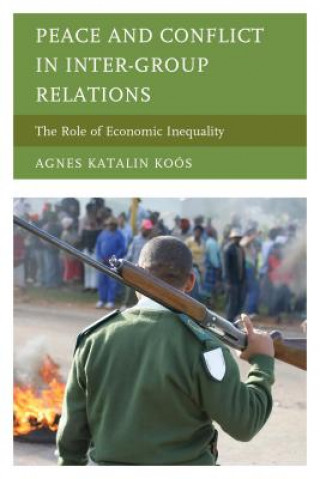
Code: 05327343
Peace and Conflict in Inter-Group Relations
by Agnes Katalin Koos
The book ventures into the explanation of intra-state communal conflict, more narrowly of the conflict between majority and minority communal groups, and develops arguments that highlight the causal impact of inter-group economic ... more
- Language:
 English
English - Binding: Hardback
- Number of pages: 360
Publisher: Lexington Books, 2014
- More about this

You might also like
-

SIP Security
119.96 € -

Understanding Disability
242.55 € -

Understanding the Counselling Relationship
141.45 € -10 % -

Seizure
9.47 € -18 % -
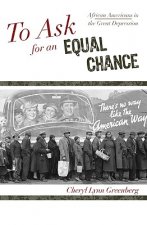
To Ask for an Equal Chance
68.10 € -

Treasury of Wisdom
12.80 € -18 % -

Embroideries and Samplers from Islamic Egypt
50.74 €
Give this book as a present today
- Order book and choose Gift Order.
- We will send you book gift voucher at once. You can give it out to anyone.
- Book will be send to donee, nothing more to care about.
More about Peace and Conflict in Inter-Group Relations
You get 457 loyalty points
 Book synopsis
Book synopsis
The book ventures into the explanation of intra-state communal conflict, more narrowly of the conflict between majority and minority communal groups, and develops arguments that highlight the causal impact of inter-group economic inequality. Its quest for empirical support has led to the compilation of three large, inter-related datasets, typifying the condition of minorities worldwide. They are mainly based on the Ethnic Power Relations, Minorities at Risk, and Quality of Government data, yet also involve information from a multitude of other sources, such as national statistics, cross-national demographic surveys and the World Directory of Minorities and Indigenous Peoples. The group-level data, featuring 860 communal groups, show that an impressive 45% of the world's population do not belong to the majority communal group in their country. As reasonably feared, minorities are in general politically less empowered than their pluralities, and also poorer. Results from multivariate regression analysis corroborate the deleterious impact of horizontal economic inequality on inter-group hostility, measured either as group grievance or violent conflict. The double measurement substantiates the intuition that not all low-to-medium strength hostility is doomed to develop into violent conflict. In fortunate conditions, inter-group disputes can be solved, or compromises may be reached without turning to violence. Part of the analytical efforts has been directed towards detecting the differences between the causes of communal and non-communal social conflicts; and also towards deciphering which institutional conditions aggravate and which mitigate communal conflicts. A large number of variables in the regression models attempt to operationalize constellations that influence the evolution of conflicts either toward peaceful solutions or toward armed collision. The policy implications of the findings are not trivial. Positive discrimination, which in the US is known as Affirmative Action, is often resisted by denying the unfortunate facts that make it necessary. In addition, currently the policies recommended for heterogeneous societies are also fiercely debated between advocates of power-sharing arrangements and those who would like to facilitate the communal homogenization of each state. This latter type of constitutional engineering is at variance with the political empowerment of minorities, a measure that could alleviate tensions rooted in economic disadvantages.
 Book details
Book details
Book category Knihy po anglicky Society & social sciences Politics & government Central government
182.21 €
- Full title: Peace and Conflict in Inter-Group Relations
- Subtitle: The Role of Economic Inequality
- Author: Agnes Katalin Koos
- Language:
 English
English - Binding: Hardback
- Number of pages: 360
- EAN: 9781498502887
- ISBN: 1498502881
- ID: 05327343
- Publisher: Lexington Books
- Weight: 686 g
- Dimensions: 237 × 156 × 28 mm
- Date of publishing: 18. November 2014
Trending among others
-

Laws of Power
30.97 € -23 % -

How Much is Enough?
12.20 € -22 % -

American Sphinx
17.75 € -22 % -

Rise and Fall of the Great Powers
17.95 € -25 % -
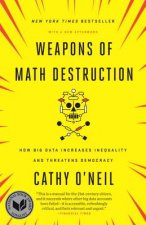
Weapons of Math Destruction
12.40 € -16 % -

Vision of the Anointed
16.03 € -23 % -

Capital in the Twenty-First Century
40.25 € -17 % -

Last Hours of Ancient Sunlight: Revised and Updated Third Edition
16.03 € -16 % -
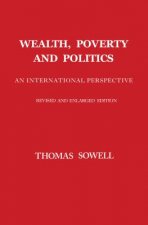
Wealth, Poverty and Politics
32.98 € -18 % -

Radical Markets
29.86 € -15 % -

Kissinger
19.26 € -28 % -

Carbon Democracy
16.03 € -23 % -

Break It Up
24.31 € -21 % -

Political Science Basics
59.42 € -

Plot to Scapegoat Russia
13.31 € -33 % -

Handbuch Bundesverfassungsgericht im politischen System
162.23 € -2 % -

Regulating Cannabis
9.37 € -28 % -

Accessory to War
26.83 € -13 % -
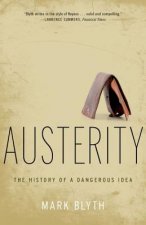
Austerity
13.71 € -24 % -

The Quest for Cosmic Justice
13.51 € -29 % -
![What Has the Government Done to Our Money? [Reprint of First Edition] What Has the Government Done to Our Money? [Reprint of First Edition]](https://media.libris.to/jacket/08800577t.jpg)
What Has the Government Done to Our Money? [Reprint of First Edition]
6.65 € -5 % -

Soul at Work
16.13 € -15 % -

Five Stages of Collapse
19.46 € -24 % -
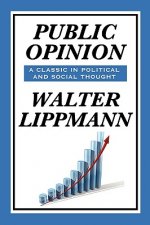
Public Opinion by Walter Lippmann
14.01 € -

Chasing the Scream
14.42 € -28 % -

Creating Public Value
47.61 € -12 % -

New Tsar
11.59 € -19 % -

Breaking the Vicious Circle
42.47 € -

Countdown
32.48 € -

Celtic Tiger in Collapse
61.44 € -

One Day, All Children...
15.63 € -13 % -

Cortical Visual Impairment - Approach to Assessment
86.36 € -6 % -

Preserving Biodiversity
9.47 € -

In Defense of Degrowth
25.62 € -

Barack Obama Speeches
19.26 € -25 % -

Blowback
16.54 € -
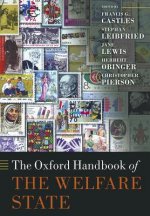
Oxford Handbook of the Welfare State
67.99 € -

Columbine High School Massacre
29.35 € -

Confessions of a Greenpeace Dropout
45.09 € -

Production of Money
11.39 € -14 % -

American Age
67.59 € -5 % -

Chickenshit Club
16.94 € -19 % -

American Power And The New Mandarins
24.71 € -
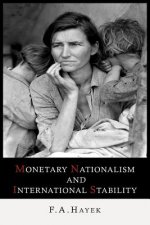
Monetary Nationalism and International Stability
13.31 € -

Millipedes and Moon Tigers
31.87 € -
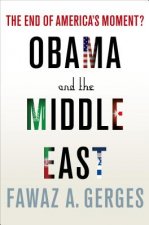
Obama and the Middle East
16.94 € -19 % -
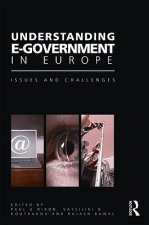
Understanding E-Government in Europe
72.43 € -

Is Democracy Failing?
13.51 € -26 % -

Global Warming Scam
19.26 € -19 %
Osobný odber Bratislava a 2642 dalších
Copyright ©2008-24 najlacnejsie-knihy.sk Všetky práva vyhradenéSúkromieCookies



 21 miliónov titulov
21 miliónov titulov Vrátenie do mesiaca
Vrátenie do mesiaca 02/210 210 99 (8-15.30h)
02/210 210 99 (8-15.30h)